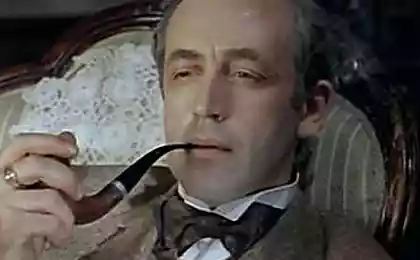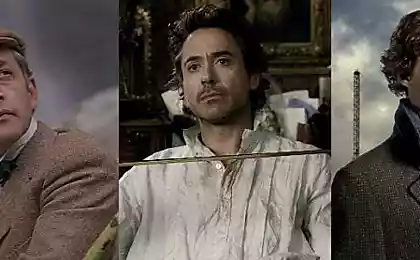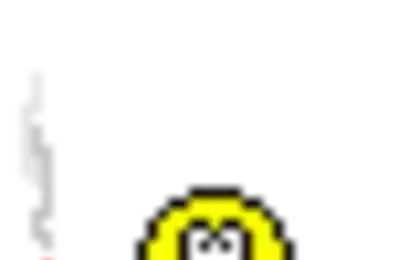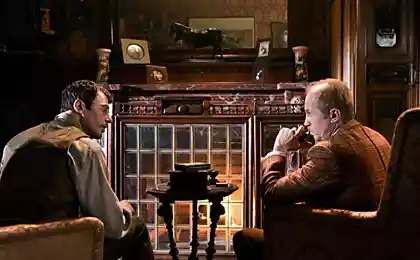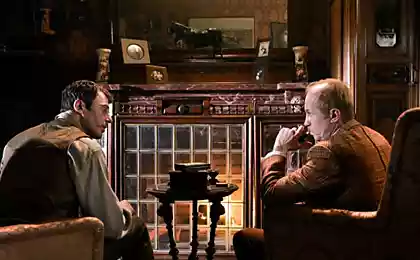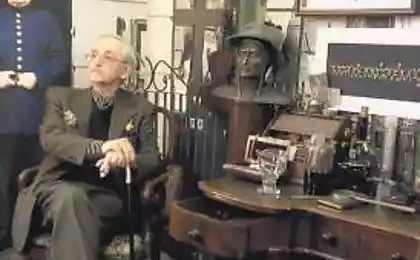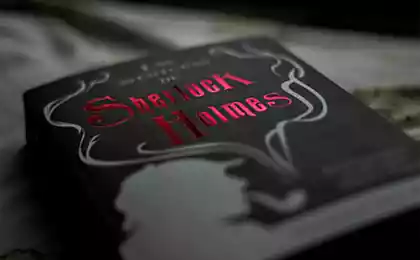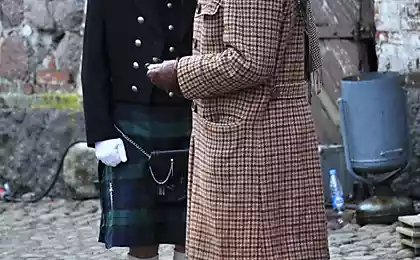905
Kinoprogulka Sherlock Holmes and Dr. Watson
Latvia, Riga, Esplanade (park Communards). In ancient times on this site there were high sand dunes rising above the city ramparts, so for strategic reasons in the XVIII century, they were razed, and replaced in 1772 was built the Esplanade - free from development area around the Riga fortress.
The zone used for training troops. In 1817 it was opened Verman garden. Esplanade has lost its significance with the demolition in 1857 of shaft and bastions. The area became the property of the city were formed streets, boulevards, parks, planned partial construction of the Esplanade. The holidays of songs organized theatrical performances in the open air exhibition. In 1919, the Esplanade was made solemn burial of the Communards, who fell in the struggle for Soviet power and the area of the park was renamed the Communards, so it was called during the filming of Holmes.
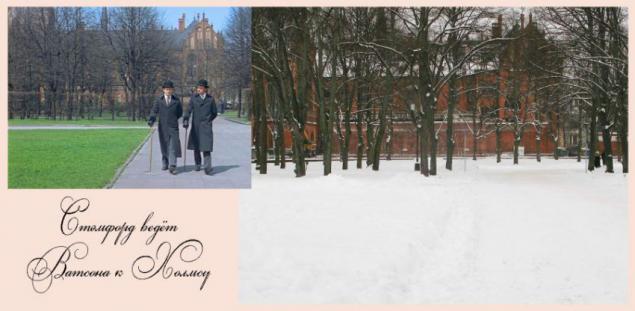
Latvia, Riga, street Jauniela (Jauniela - «New Street"), the house 22. This old street, which arose at the end of the XVI century, adjacent to the Duomo. The current name it bears since 1923, and their border has gained in 1936-37, after the formation of the Dome Square. What is just not filmed in the Soviet era! One listing of films would take much space. And falling on the pavement Pleischner professor of "17 Moments of Spring" could be seen from the windows, and Holmes - the two houses are exactly opposite each other.
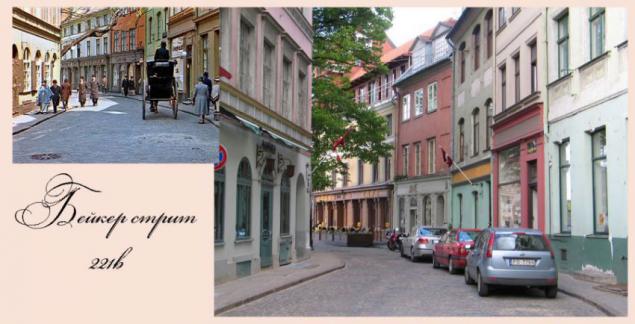
House Sherlock Holmes, however, is a bit off the roadway - a small courtyard close, where in summer there are cafe tables. The uninformed observer did not suspect that this building - part of the monastery complex, and yet directly behind the house is the courtyard of the monastery Dome. In 1898, the east wing of the monastery was slightly expanded and, thanks to architect Wilhelm Neumann, he had a new facade.
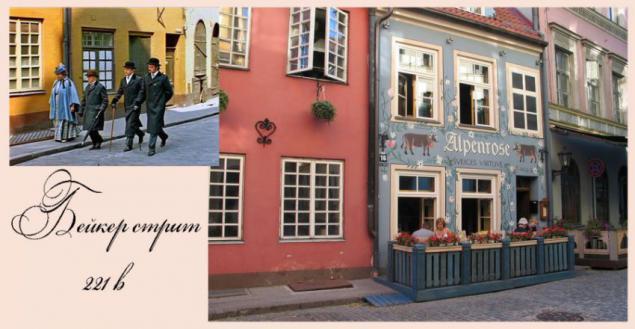
As you can see, there is no memorial plaque on the house is not, but it could be. The home team is located close to restaurants also did not exploit the name of Holmes, although rare institution gets a gift. It is understandable - it's not a Latvian film ...
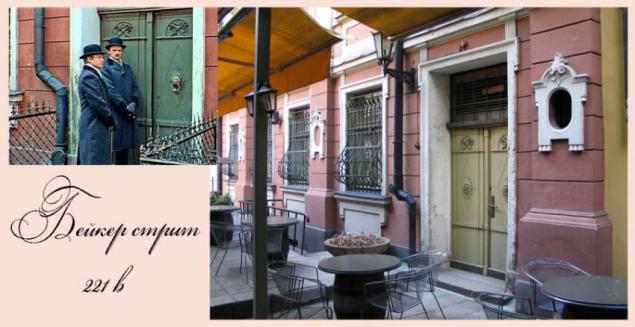
Latvia, Riga, Kalpaka boulevard (Komunar), 13, the Latvian State Academy of Arts. This is the most significant work of the architect Wilhelm Ludwig Nicholas Bockslaff, 1902-1905's. Prior to the Academy of Arts (founded in 1919-1921) it was here Commercial College Exchange Committee. The building is "dressed" in a luxurious Gothic forms. Is an innovative architectural monument, which, being clothed in the form of historical neo-Gothic style, nevertheless it incorporates the spatial structure and planning in the spirit only came after the Art Nouveau style (in Latvia this style called Art Nouveau).
The exterior walls are made of red brick, the roof was initially covered with black natural Thuringian slate now - copper plates. Floor lobbies decorated with pillars, hewn out of sandstone of various grades and entrance portico columns are made of limestone. The windows are decorated with stained glass windows, made the Riga workshop E. Thode. At one time it was the most comfortable building in Riga.
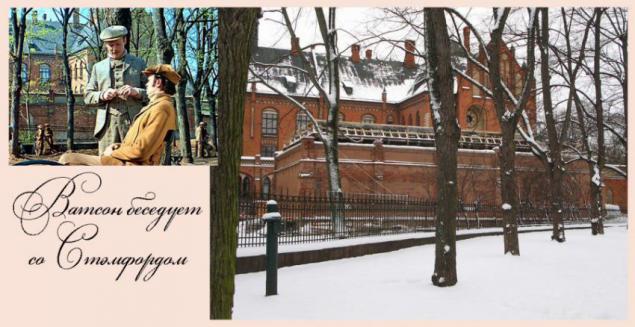
Latvia, Riga region, Krimulda parish, Krimulda Church (Krimuldas baznica). Wheelchair with Holmes and Watson drives at the walls Krimulda Lutheran church - the oldest surviving stone churches in rural Latvia.
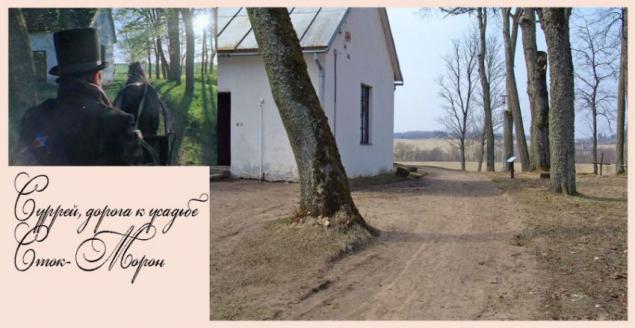
Latvia, Riga region, Krimulda parish, Krimulda Church (Krimuldas baznica). For more than 800 years of its existence it was rebuilt many times, collapsed and erected again, but no matter what stands in the same place.
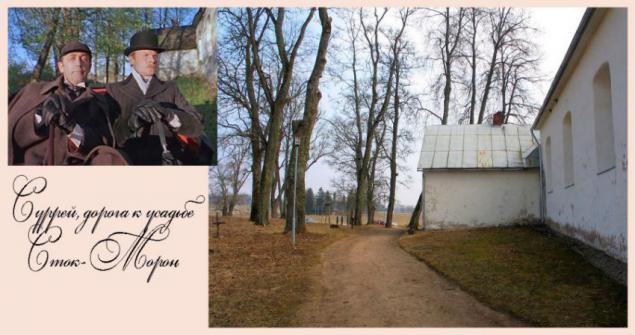
Latvia, Riga region, Krimulda parish, Krimulda Church (Krimuldas baznica). On the left, where the lawn is now a parking lot. By the parking lot paved path, and the old paved road.
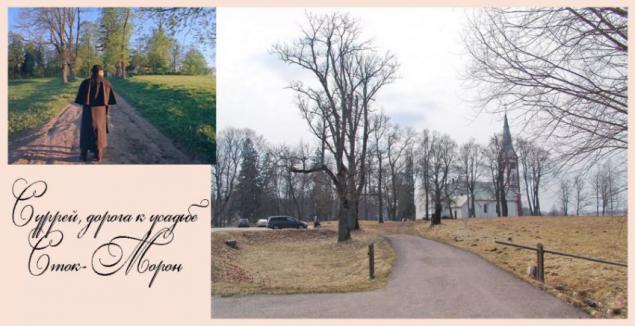
Latvia, Riga region, Krimulda parish, Krimulda Church (Krimuldas baznica). Stocky tree near which Holmes and Watson got off the carriage (I think, willow) - the most affected sites. His condition is a suspicion that after a couple of years the church from this point is fully visible.
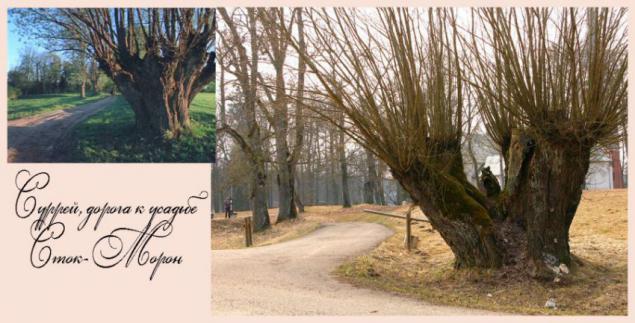
Latvia, Riga region, Krimulda parish, Krimulda Church (Krimuldas baznica). Next to the parking lot is now a drainage ditch full of water, so that has to shoot from virtually ditch. From high spruce was only a stump and sinuous tree in the center of the frame broke off and was less than the increase
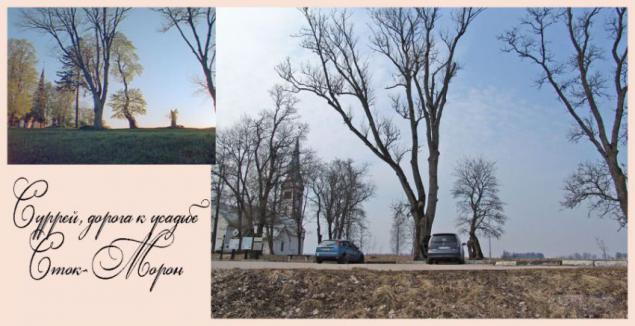
Latvia, Jurmala, Kemeri Ķemeri National Park, Tourist Street, Building 15, "Meza Maayan" (forest house). The building was constructed in 1932 and 1933 by architect Frederick Skuinsh. It is an example of the style of the late National Romanticism in Latvia. The combination of stone and wooden structures, components, made in the tradition of folk wooden architecture and thatched roofs give the building its unique and memorable appearance. At the time, it was located in a well-known restaurant «Jautrais Ods» («Funny mosquito"). To the restaurant, apparently, the building served as a sports pavilion, as evidenced by the old postcards of the 1930s. In Soviet times there was located a children's sanatorium. Then it took over the building for their own use administration of the National Park "Kemeri».
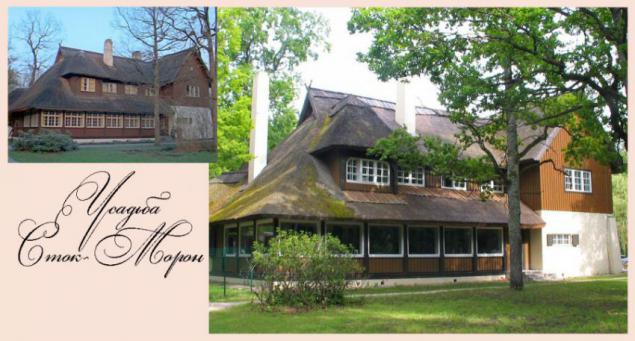
Source: picturehistory.livejournal.com
The zone used for training troops. In 1817 it was opened Verman garden. Esplanade has lost its significance with the demolition in 1857 of shaft and bastions. The area became the property of the city were formed streets, boulevards, parks, planned partial construction of the Esplanade. The holidays of songs organized theatrical performances in the open air exhibition. In 1919, the Esplanade was made solemn burial of the Communards, who fell in the struggle for Soviet power and the area of the park was renamed the Communards, so it was called during the filming of Holmes.

Latvia, Riga, street Jauniela (Jauniela - «New Street"), the house 22. This old street, which arose at the end of the XVI century, adjacent to the Duomo. The current name it bears since 1923, and their border has gained in 1936-37, after the formation of the Dome Square. What is just not filmed in the Soviet era! One listing of films would take much space. And falling on the pavement Pleischner professor of "17 Moments of Spring" could be seen from the windows, and Holmes - the two houses are exactly opposite each other.

House Sherlock Holmes, however, is a bit off the roadway - a small courtyard close, where in summer there are cafe tables. The uninformed observer did not suspect that this building - part of the monastery complex, and yet directly behind the house is the courtyard of the monastery Dome. In 1898, the east wing of the monastery was slightly expanded and, thanks to architect Wilhelm Neumann, he had a new facade.

As you can see, there is no memorial plaque on the house is not, but it could be. The home team is located close to restaurants also did not exploit the name of Holmes, although rare institution gets a gift. It is understandable - it's not a Latvian film ...

Latvia, Riga, Kalpaka boulevard (Komunar), 13, the Latvian State Academy of Arts. This is the most significant work of the architect Wilhelm Ludwig Nicholas Bockslaff, 1902-1905's. Prior to the Academy of Arts (founded in 1919-1921) it was here Commercial College Exchange Committee. The building is "dressed" in a luxurious Gothic forms. Is an innovative architectural monument, which, being clothed in the form of historical neo-Gothic style, nevertheless it incorporates the spatial structure and planning in the spirit only came after the Art Nouveau style (in Latvia this style called Art Nouveau).
The exterior walls are made of red brick, the roof was initially covered with black natural Thuringian slate now - copper plates. Floor lobbies decorated with pillars, hewn out of sandstone of various grades and entrance portico columns are made of limestone. The windows are decorated with stained glass windows, made the Riga workshop E. Thode. At one time it was the most comfortable building in Riga.

Latvia, Riga region, Krimulda parish, Krimulda Church (Krimuldas baznica). Wheelchair with Holmes and Watson drives at the walls Krimulda Lutheran church - the oldest surviving stone churches in rural Latvia.

Latvia, Riga region, Krimulda parish, Krimulda Church (Krimuldas baznica). For more than 800 years of its existence it was rebuilt many times, collapsed and erected again, but no matter what stands in the same place.

Latvia, Riga region, Krimulda parish, Krimulda Church (Krimuldas baznica). On the left, where the lawn is now a parking lot. By the parking lot paved path, and the old paved road.

Latvia, Riga region, Krimulda parish, Krimulda Church (Krimuldas baznica). Stocky tree near which Holmes and Watson got off the carriage (I think, willow) - the most affected sites. His condition is a suspicion that after a couple of years the church from this point is fully visible.

Latvia, Riga region, Krimulda parish, Krimulda Church (Krimuldas baznica). Next to the parking lot is now a drainage ditch full of water, so that has to shoot from virtually ditch. From high spruce was only a stump and sinuous tree in the center of the frame broke off and was less than the increase

Latvia, Jurmala, Kemeri Ķemeri National Park, Tourist Street, Building 15, "Meza Maayan" (forest house). The building was constructed in 1932 and 1933 by architect Frederick Skuinsh. It is an example of the style of the late National Romanticism in Latvia. The combination of stone and wooden structures, components, made in the tradition of folk wooden architecture and thatched roofs give the building its unique and memorable appearance. At the time, it was located in a well-known restaurant «Jautrais Ods» («Funny mosquito"). To the restaurant, apparently, the building served as a sports pavilion, as evidenced by the old postcards of the 1930s. In Soviet times there was located a children's sanatorium. Then it took over the building for their own use administration of the National Park "Kemeri».

Source: picturehistory.livejournal.com
